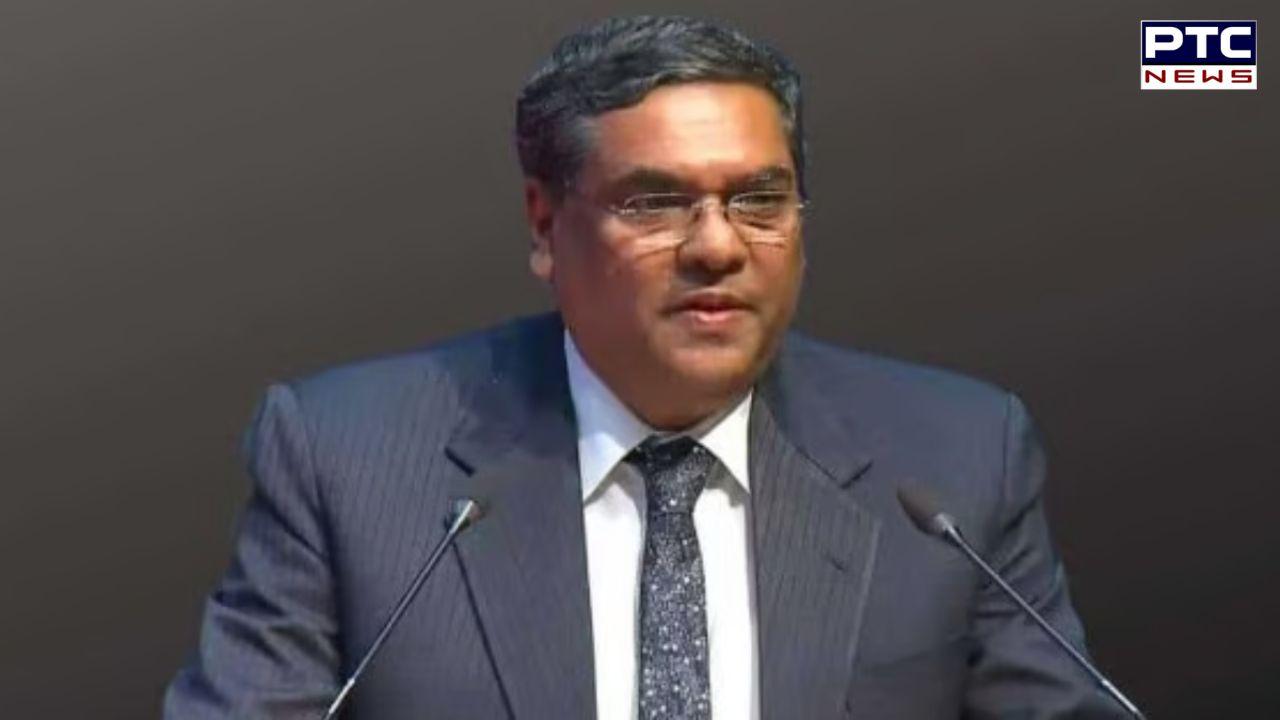Who is Justice Sanjiv Khanna, next Chief Justice of India to succeed CJI Chandrachud
Justice Khanna was part of the Constitution Bench in 2023 that upheld the abrogation of Article 370, which ended Jammu and Kashmir’s special status
PTC Web Desk: Justice Sanjiv Khanna has been named the 51st Chief Justice of India (CJI) and is set to take his oath of office on November 11, 2024, following the retirement of the incumbent Chief Justice DY Chandrachud. His tenure as CJI will extend until May 13, 2025, offering him just over six months in the position.
Born on May 14, 1960, Justice Khanna began his legal career in 1983, enrolling with the Bar Council of Delhi. Over the years, he practiced across various courts, including the Tis Hazari District Courts and the Delhi High Court, focusing on constitutional law, taxation, and arbitration, among other areas. Notably, he served as Senior Standing Counsel for the Income Tax Department and Standing Counsel (Civil) for the National Capital Territory of Delhi in 2004.
His judicial career commenced in 2005, when he was appointed as an additional judge of the Delhi High Court, and in 2006, he became a permanent judge. He played an instrumental role in leading several legal bodies, including the Delhi Judicial Academy and the Delhi International Arbitration Centre. On January 18, 2019, Justice Khanna was elevated to the Supreme Court of India.
In his current role, Justice Khanna serves as the Executive Chairman of the National Legal Services Authority and is also a member of the Governing Council of the National Judicial Academy in Bhopal.
Historic Judgments
Justice Sanjiv Khanna's judicial career is marked by numerous significant rulings. He contributed to landmark decisions, including his role in 2024 as part of the Bench that ruled the Electoral Bond Scheme unconstitutional, citing concerns over the lack of transparency in political funding. His judgment highlighted the "asymmetrical knowledge" of donor identities by bank officers, which violated the public's right to information.

In another historic ruling, Justice Khanna was part of the Constitution Bench in 2023 that upheld the abrogation of Article 370, which ended Jammu and Kashmir’s special status. He noted that the removal of Article 370 did not undermine India's federal structure, describing it as a case of "asymmetric federalism."
Additionally, Justice Khanna delivered a significant judgment in 2023, affirming the Supreme Court’s authority under Article 142 to grant divorces based on the "irretrievable breakdown of marriage." Earlier, in 2019, he ruled that the Office of the Chief Justice of India could be subjected to the Right to Information (RTI) Act, reinforcing the balance between judicial transparency and privacy.
Justice Khanna also dismissed a plea by the Association for Democratic Reforms for 100% VVPAT verification in the 2024 elections, citing the existing safeguards implemented by the Election Commission of India.